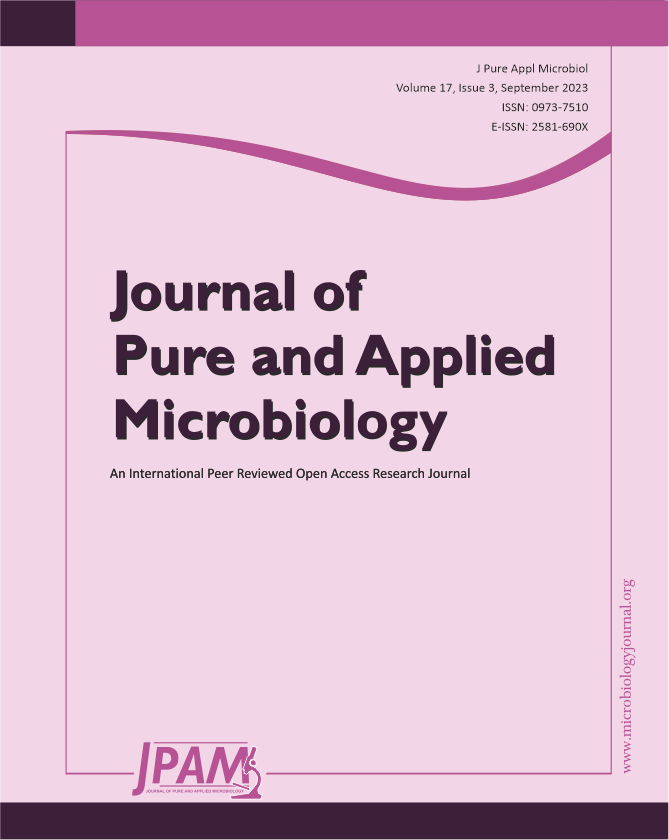Every minute, the world’s population grows, and in order to feed them, crop output and agricultural productivity must be improved by adding crucial microorganisms that boost plant yields in various ways through nitrogen fixation, the secretion of both plant growth regulators and 1-aminocyclopropane 1-carboxylate deaminase, as well as some antimicrobial agents. Numerous endophytic bacteria have recently been used to increase plant yields, and agricultural production in addition to reducing salt stresses. Many scientists have made an effort to clarify and comprehend the processes by which bacteria promote plant growth and production. A vital substance known as 1-aminocyclopropane-1-carboxylate (ACC) deaminase is produced by several bacteria, plants, and fungi to decrease ethylene levels in a plant grown under different environmental stress. The gaseous hormone ethylene (C2H4) is synthesized in plant tissues from the precursor ACC, and it has numerous biochemical roles in plants, such as cells differentiation and tissue development, seedling, root hair, leaf, and flower growth and development in addition to fruit ripening and formation of anthocyanin and volatile compounds. Thus, this critical enzyme had influential roles in plants during their positive interaction with bacteria which increase plant growth due to auxin production and protect plants against different environmental stress like drought, high salts, wilting, high level of heavy metals, contaminants with pesticides, and microbial pathogen infections. Different bacterial genera are highly ACC deaminase-producer, and these bacteria support plant growth and agricultural process. In conclusion, bacteria can replace chemicals in a variety of environmentally benign methods to boost soil fertility and plant productivity. However, much research is required to determine the efficacy of these bacteria before suggesting their use on a broad scale in the field.
ACC, Ethylene, 1-aminocyclopropane- 1 carboxylate, IAA, Phosphate Solubilization
© The Author(s) 2023. Open Access. This article is distributed under the terms of the Creative Commons Attribution 4.0 International License which permits unrestricted use, sharing, distribution, and reproduction in any medium, provided you give appropriate credit to the original author(s) and the source, provide a link to the Creative Commons license, and indicate if changes were made.


